Postmortem brains
Recent articles
Early trajectory of Alzheimer’s tracked in single-cell brain atlases
Inflammation in glia and the loss of certain inhibitory cells may kick off a disease cascade decades before diagnosis.
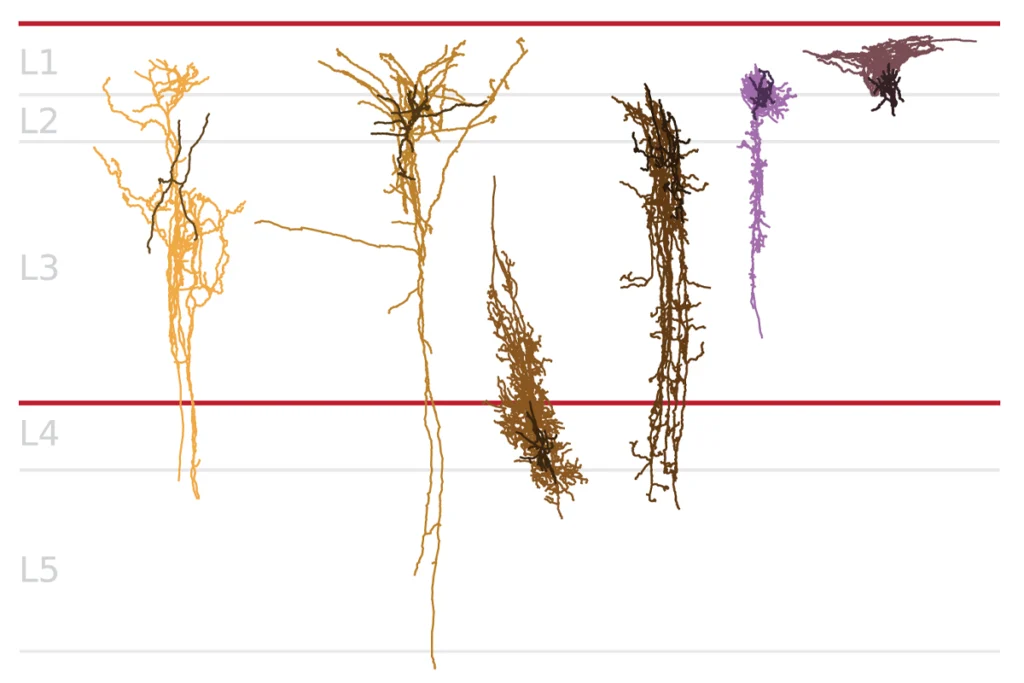
Early trajectory of Alzheimer’s tracked in single-cell brain atlases
Inflammation in glia and the loss of certain inhibitory cells may kick off a disease cascade decades before diagnosis.
Giant analysis reveals how autism-linked genes affect brain cell types
Genes that predispose people to autism account for a large portion of the neuronal and glial cell changes seen in those with the condition.
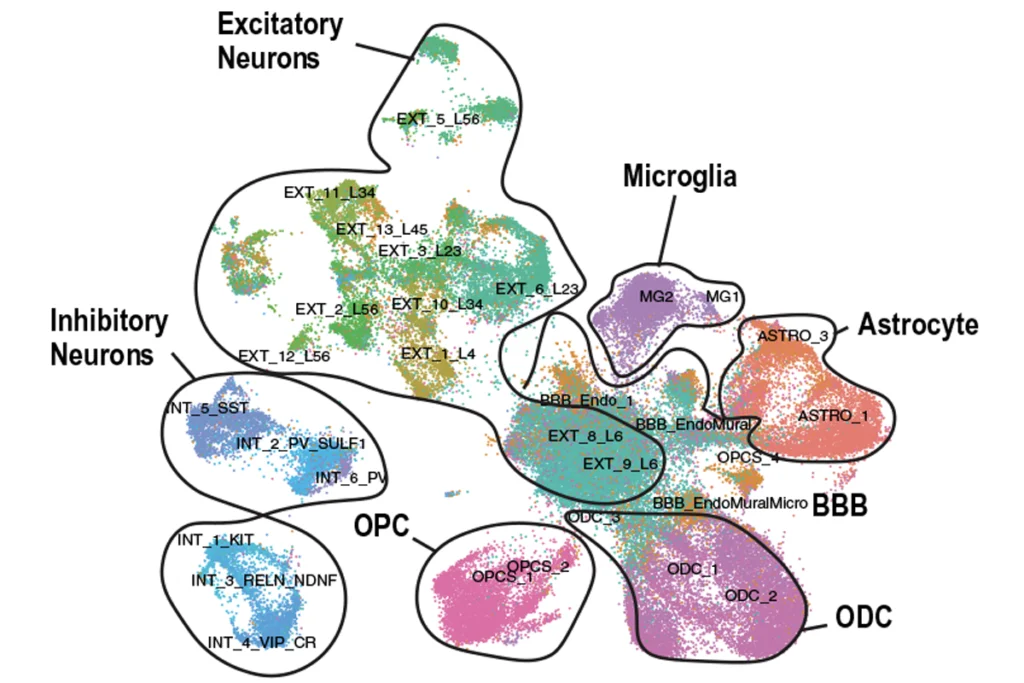
Giant analysis reveals how autism-linked genes affect brain cell types
Genes that predispose people to autism account for a large portion of the neuronal and glial cell changes seen in those with the condition.
‘SNAP’ dance of astrocytes and neurons falls out of step with age, disease
The findings add to growing evidence that astrocytes are star players in cognition.
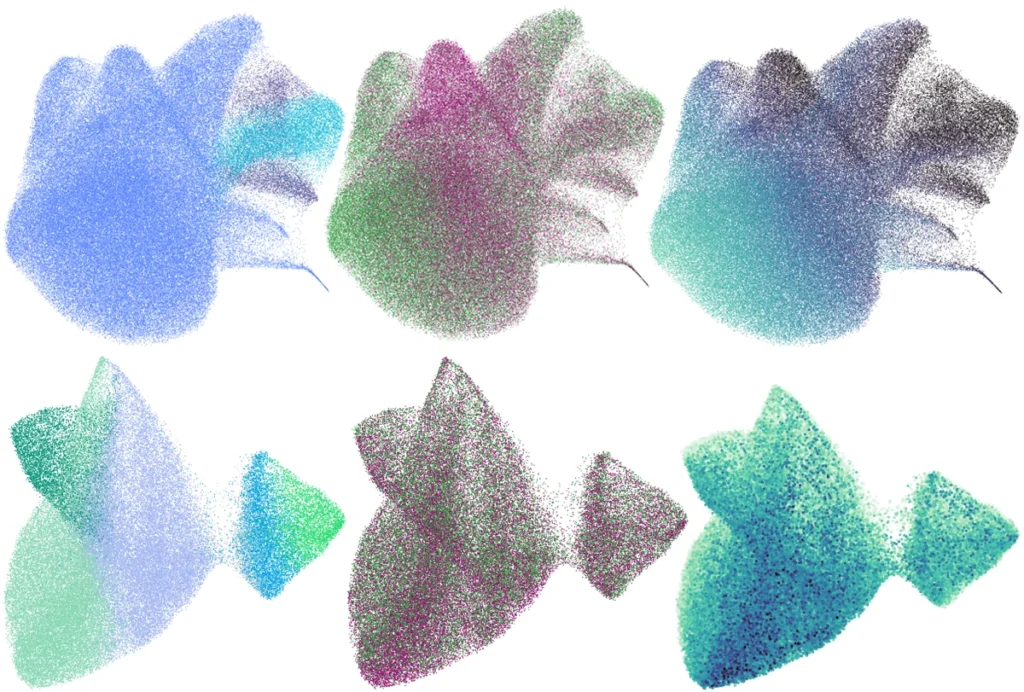
‘SNAP’ dance of astrocytes and neurons falls out of step with age, disease
The findings add to growing evidence that astrocytes are star players in cognition.
Cortical interneurons derive differently in human brains
Excitatory neurons and some inhibitory neurons in the adult human cortex share parents, challenging the longstanding idea that the two cell types have different origins.
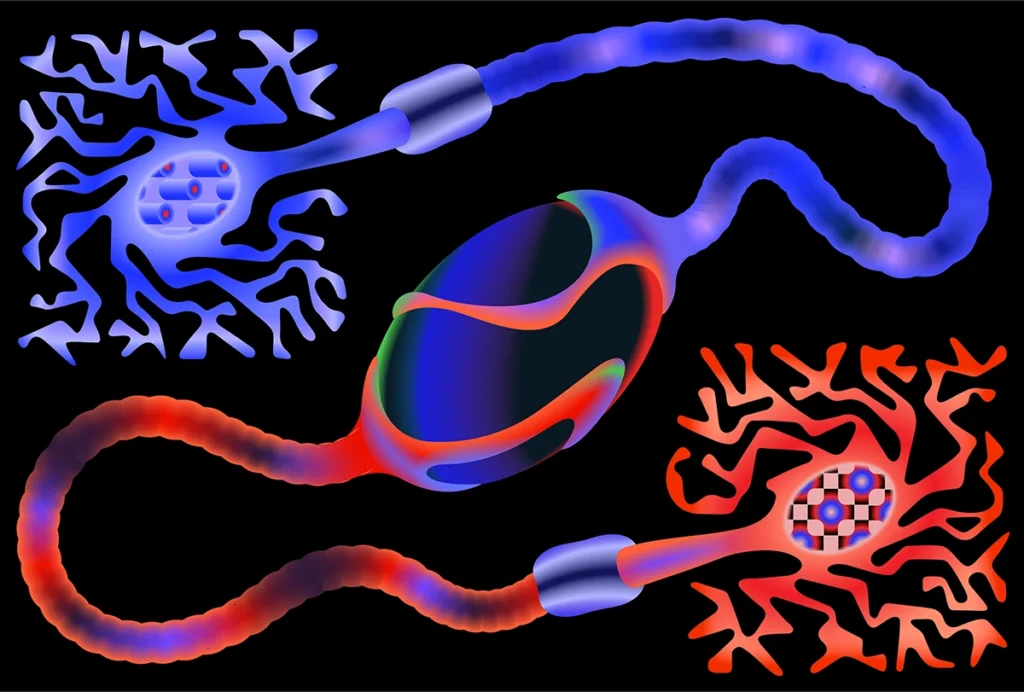
Cortical interneurons derive differently in human brains
Excitatory neurons and some inhibitory neurons in the adult human cortex share parents, challenging the longstanding idea that the two cell types have different origins.
Vast diversity of human brain cell types revealed in trove of new datasets
The collection offers a glimpse into differences in cell composition — across people and brain regions — that may shape neural function.
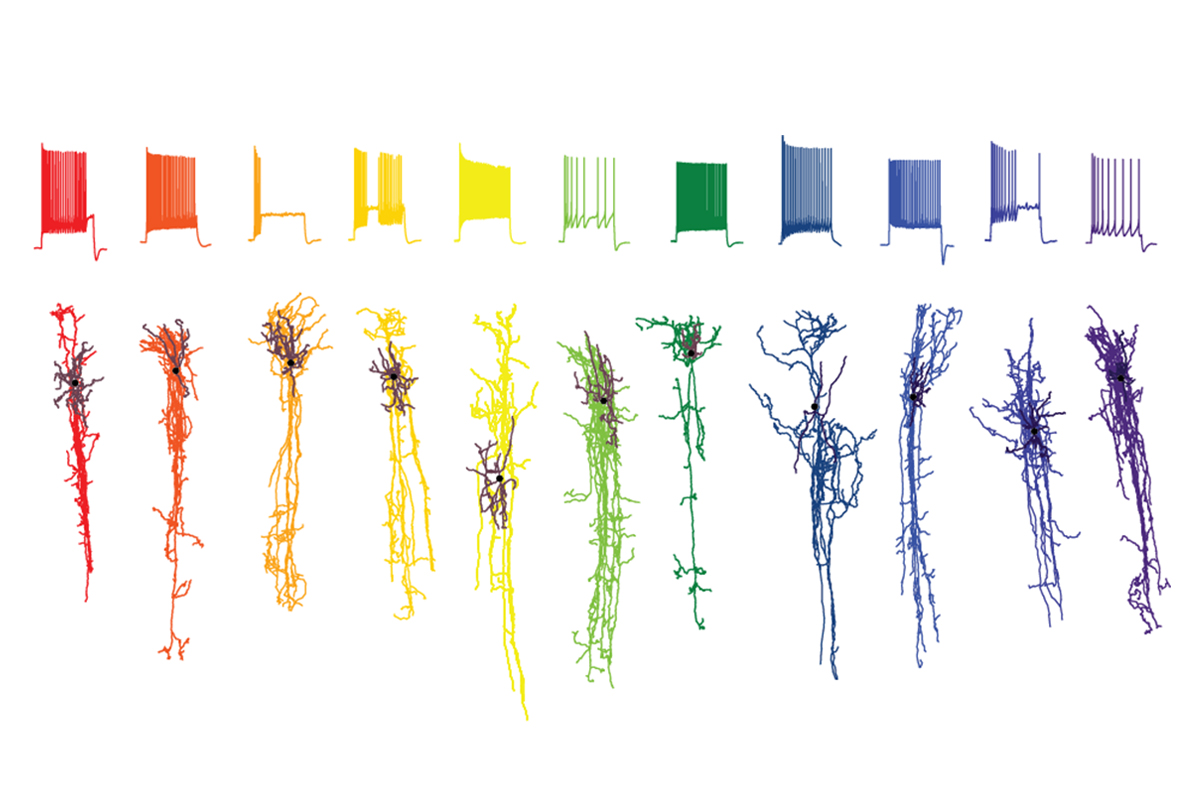
Vast diversity of human brain cell types revealed in trove of new datasets
The collection offers a glimpse into differences in cell composition — across people and brain regions — that may shape neural function.
Head size parts autism into two major subtypes
An imbalance in the number of excitatory neurons in early brain development may account for the difference.
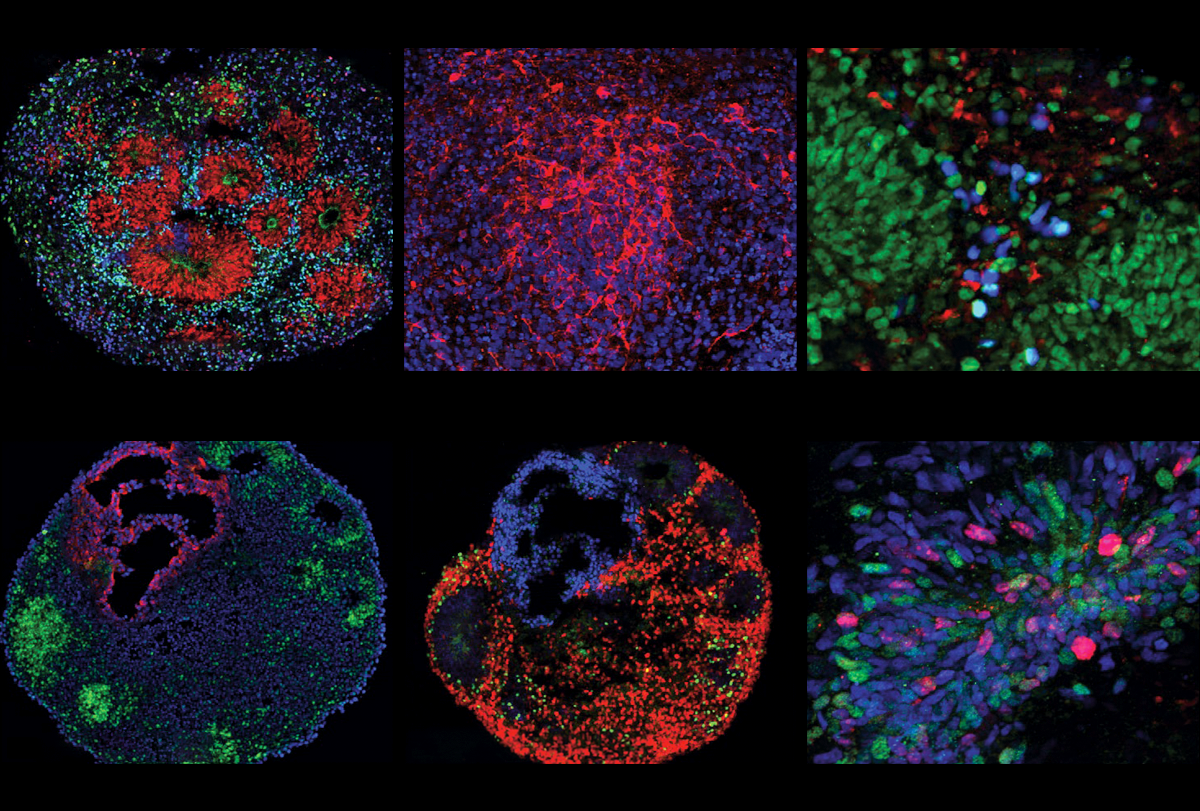
Head size parts autism into two major subtypes
An imbalance in the number of excitatory neurons in early brain development may account for the difference.
Preprint questions validity of postmortem brain studies
But the alternatives, including living-brain biopsies, raise logistical and ethical questions, experts say.
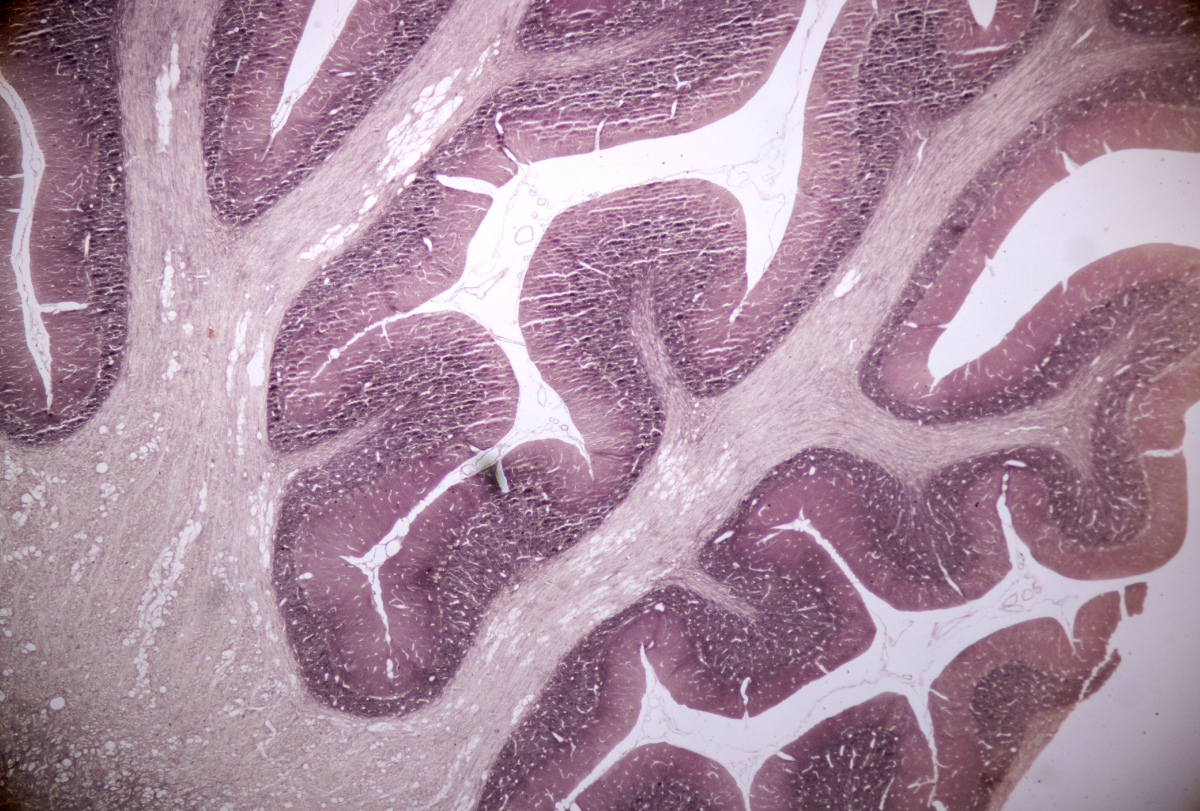
Preprint questions validity of postmortem brain studies
But the alternatives, including living-brain biopsies, raise logistical and ethical questions, experts say.
Atlas of gene activity in prenatal brain holds clues to autism
Genes exert their strongest influence on the brain in the first half of gestation — a key window for autism and other neurodevelopmental conditions.
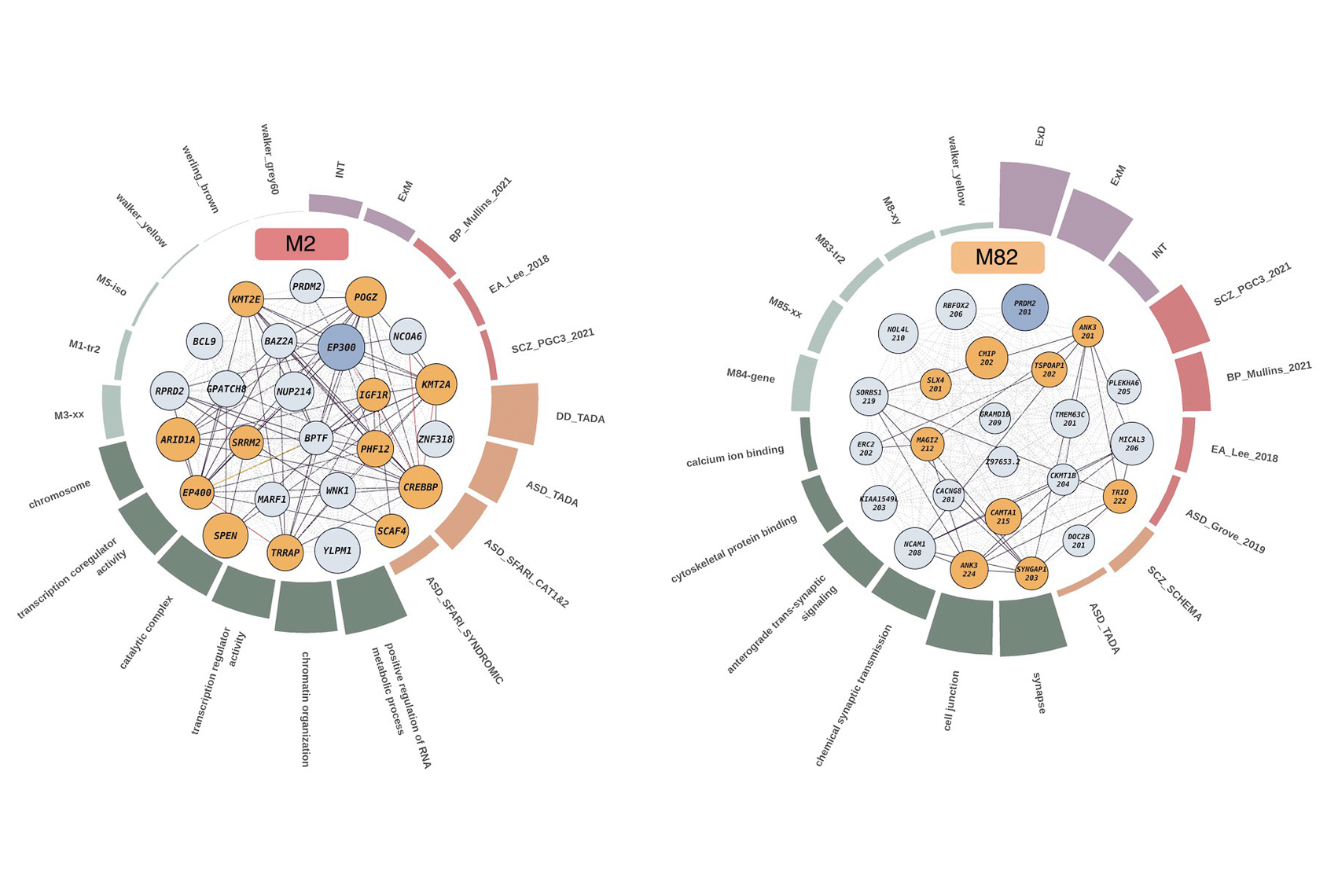
Atlas of gene activity in prenatal brain holds clues to autism
Genes exert their strongest influence on the brain in the first half of gestation — a key window for autism and other neurodevelopmental conditions.
Immunity-linked genes expressed differently in brains of autistic people
Postmortem brain samples from people with one of six conditions, including autism, show distinct signatures of over- and underexpression of immune genes.
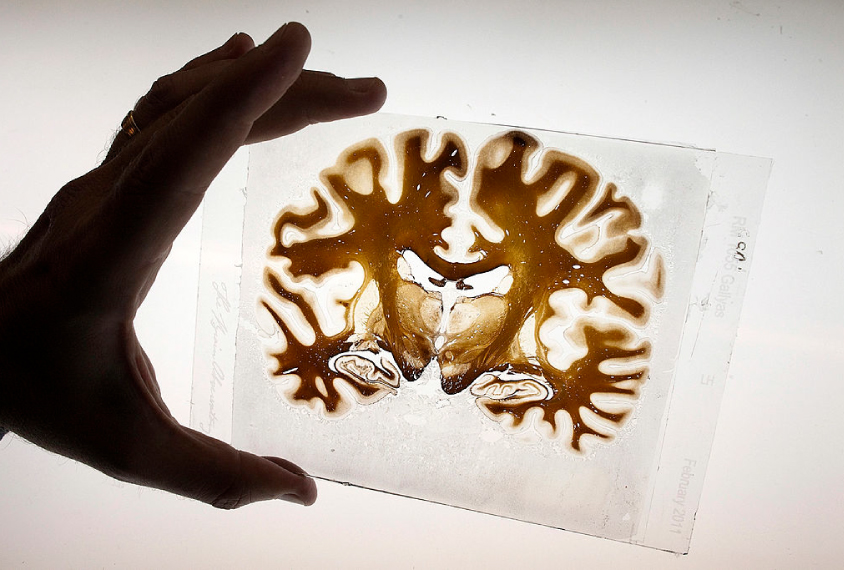
Immunity-linked genes expressed differently in brains of autistic people
Postmortem brain samples from people with one of six conditions, including autism, show distinct signatures of over- and underexpression of immune genes.
Highly expressed genes may buffer against autism-linked mutations in girls
Such high expression levels may account for the condition’s sex bias, a new preprint suggests — but not everyone agrees with that logic.
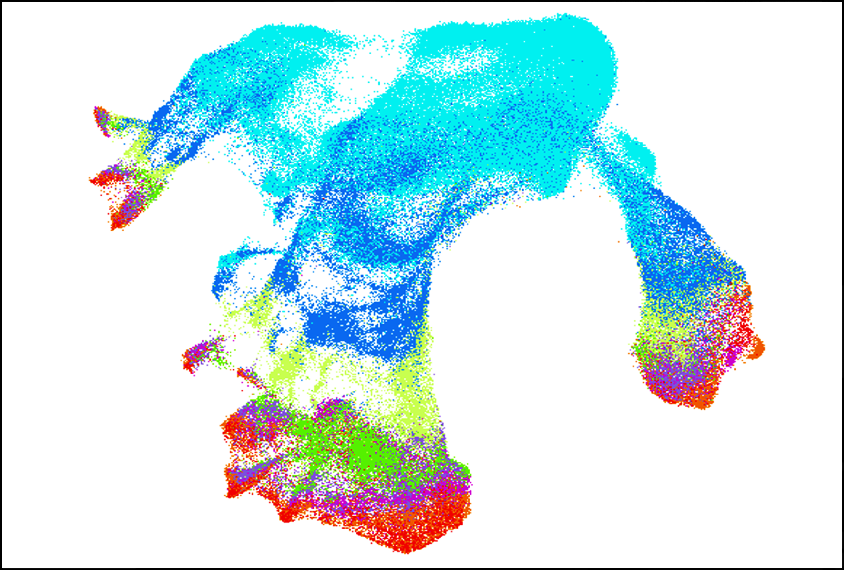
Highly expressed genes may buffer against autism-linked mutations in girls
Such high expression levels may account for the condition’s sex bias, a new preprint suggests — but not everyone agrees with that logic.
Explore more from The Transmitter
To keep or not to keep: Neurophysiology’s data dilemma
An exponential growth in data size presents neuroscientists with a significant challenge: Should we be keeping all raw data or focusing on processed datasets? I asked experimentalists and theorists for their thoughts.

To keep or not to keep: Neurophysiology’s data dilemma
An exponential growth in data size presents neuroscientists with a significant challenge: Should we be keeping all raw data or focusing on processed datasets? I asked experimentalists and theorists for their thoughts.
Neuroscientists reeling from past cuts advocate for more BRAIN Initiative funding
The director of the U.S. National Institutes of Health calls BRAIN a “high priority” but acknowledges that difficult decisions lie ahead if federal budgets remain flat.
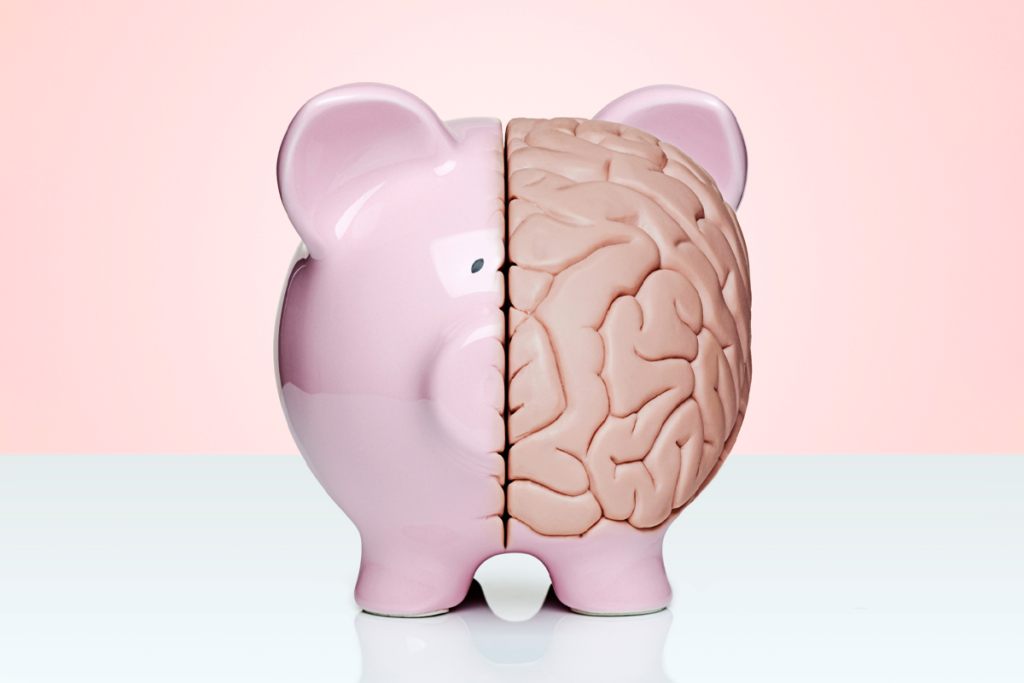
Neuroscientists reeling from past cuts advocate for more BRAIN Initiative funding
The director of the U.S. National Institutes of Health calls BRAIN a “high priority” but acknowledges that difficult decisions lie ahead if federal budgets remain flat.
‘Huge influx’ of neuroscientists migrates to Bluesky
Daily neuroscience-related posts on the social-media platform this week have increased more than 400 percent, on average, compared with October.
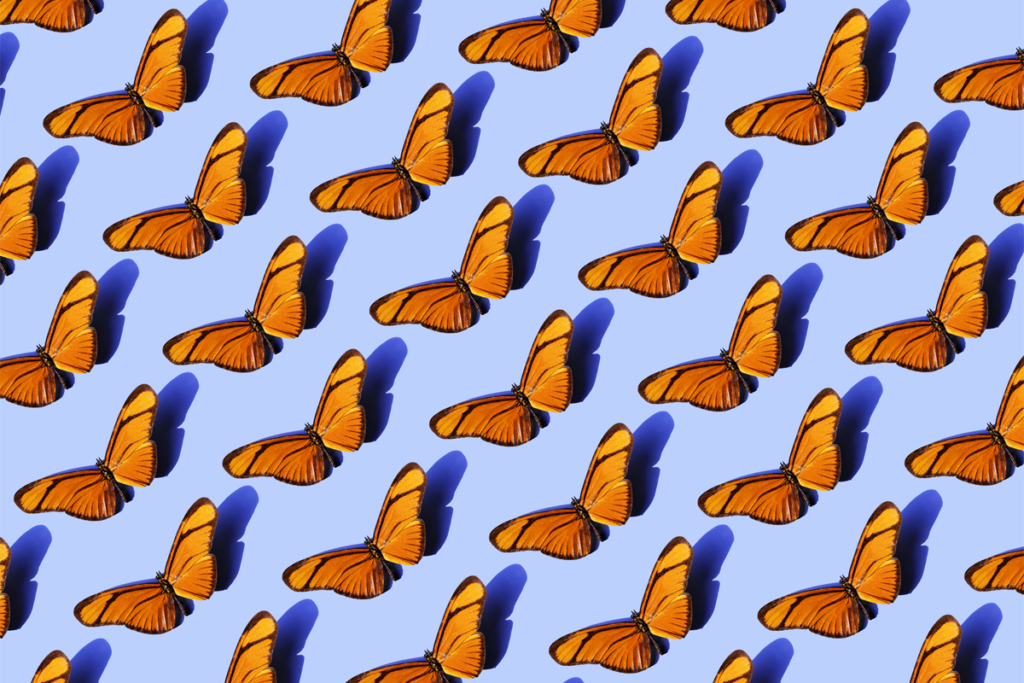
‘Huge influx’ of neuroscientists migrates to Bluesky
Daily neuroscience-related posts on the social-media platform this week have increased more than 400 percent, on average, compared with October.